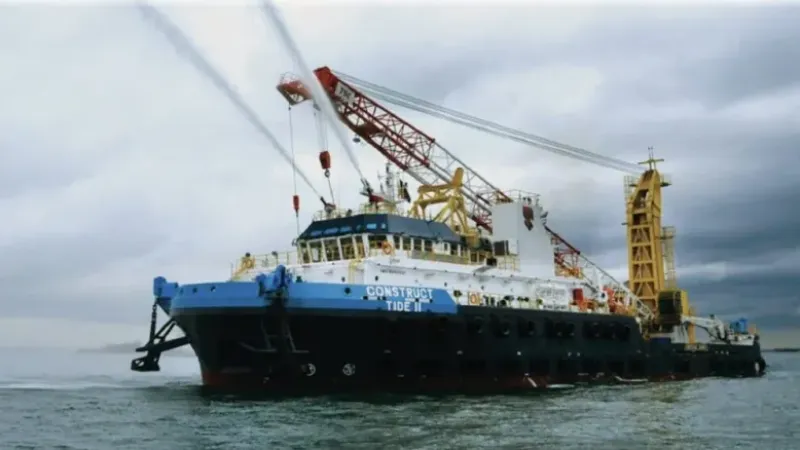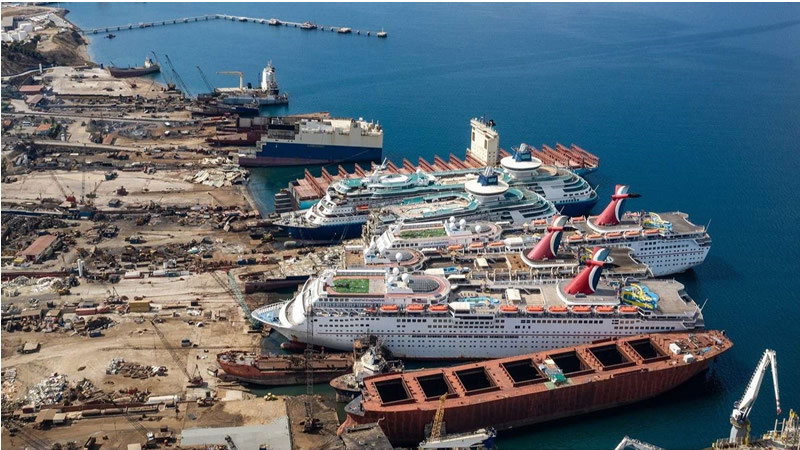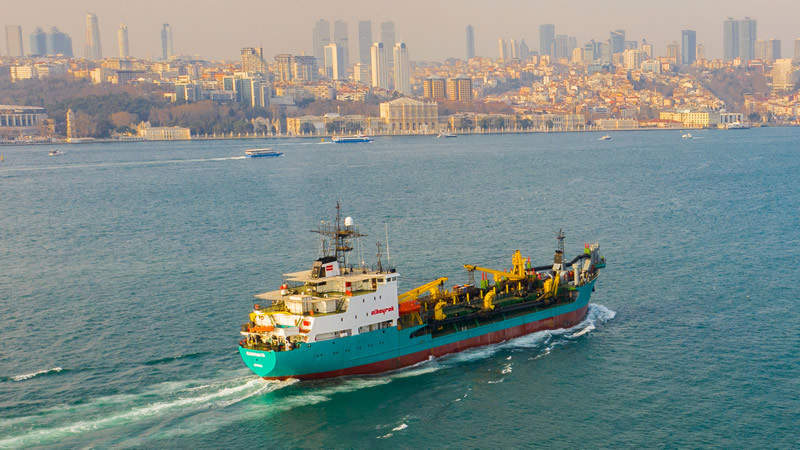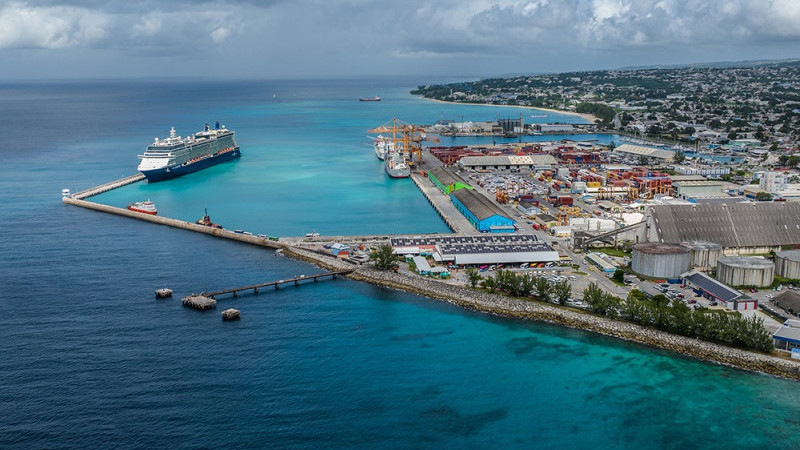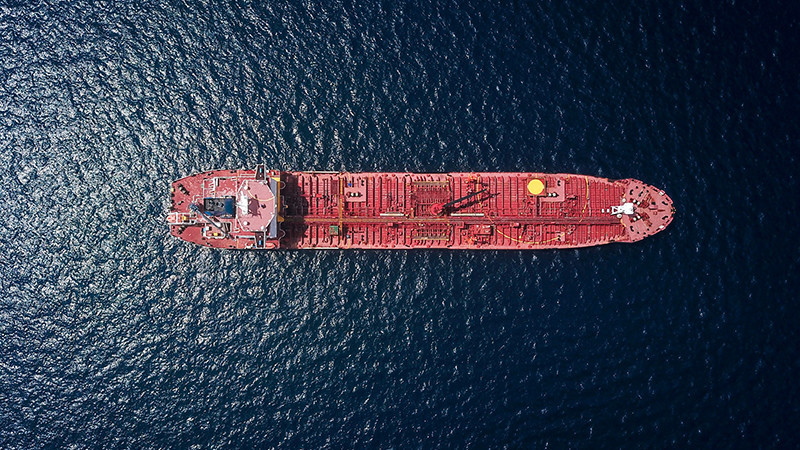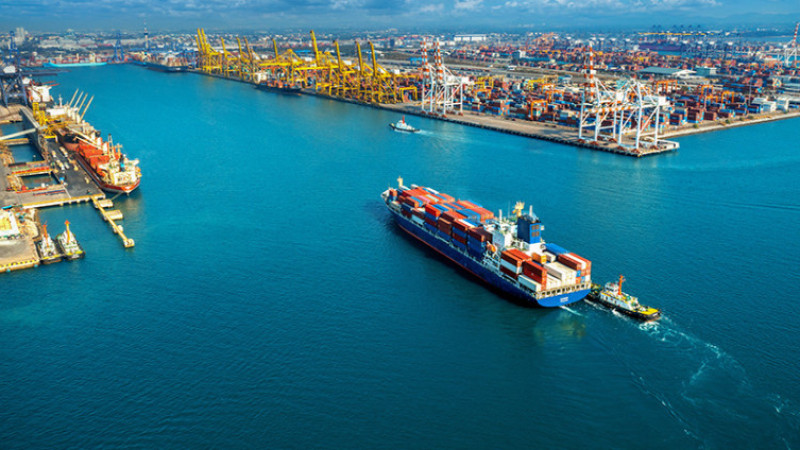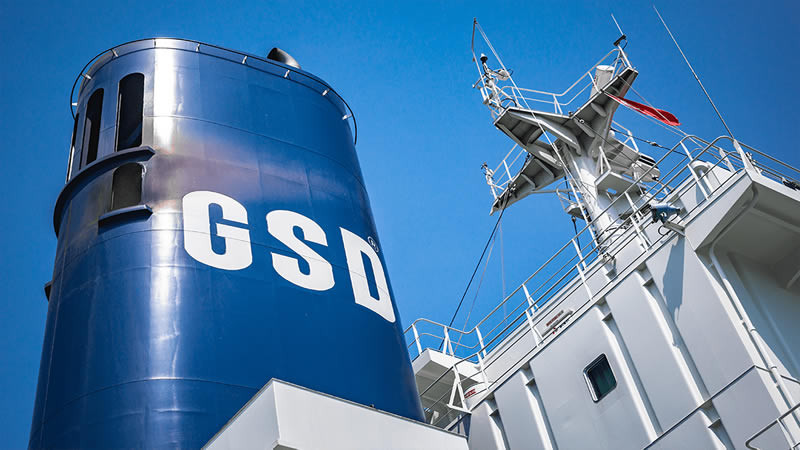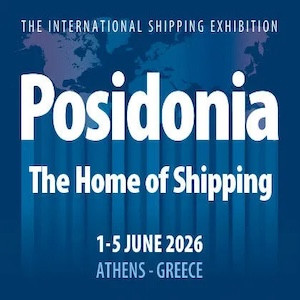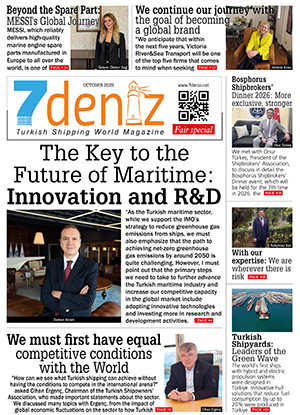OSPAR bans scrubber discharges in North-East Atlantic waters
A staged ban on scrubber discharges in coastal waters in the North-East Atlantic area (OSPAR region) has been approved. Believed to be “the first” regional regulation on scrubber discharges, the ban sets a precedent for other areas to follow.

As informed, the ban will apply to discharges from open-loop scrubbers by July 2027, and to closed-loop scrubbers by January 2029 in OSPAR’s ports and internal waters.
Ministers and senior representatives from the 16 Contracting Parties to the OSPAR Convention gathered in Vigo on July 27, 2025, for a landmark OSPAR Ministerial Meeting. In the aftermath of the United Nations Oceans Conference in Nice, OSPAR adopted a series of collective actions.
The OSPAR Commission is the regional marine protection convention for the Northeast Atlantic. Its members include fifteen states and the EU – including Germany, France, the United Kingdom, Norway, Spain, and the Scandinavian countries. The OSPAR maritime area encompasses, among other areas, the North Sea, the English Channel, the Irish Sea, and large parts of the North Atlantic.
Hosted by the Spanish government, the meeting marked a ‘critical’ midpoint in the implementation of the North-East Atlantic Environment Strategy (NEAES) 2030, OSPAR’s roadmap for ocean health in the region.
At the heart of the meeting was the adoption of the Vigo Ministerial Declaration, an ambitious and shared political commitment to accelerate progress in response to the triple planetary crisis of climate change, biodiversity loss, and pollution. Contracting Parties reaffirmed that the OSPAR Commission not only has the mandate—but also the responsibility—to lead globally in the protection of the marine environment.
“The decisions taken today in Vigo reflect our shared commitment to protect our ocean through cooperation, ambition, and accountability. With these new measures, OSPAR continues to lead the way in regional marine protection,” Dominic Pattinson, OSPAR Commission Executive Secretary, commented.
Reducing pollution from shipping
The meeting participants expressed concerns about hazardous discharges from all types of exhaust gas cleaning systems (EGCS) on ships, particularly in coastal zones.
As a result, OSPAR agreed a staged ban on the release of discharge water from ships’ exhaust gas scrubbers in coastal waters. A roadmap to examine strengthening this by 2027 was also agreed.
To note, the wastewater released by scrubbers is said to contain a toxic mix of heavy metals, acidic compounds, and polycyclic aromatic hydrocarbons (PAHs), posing a significant threat to marine ecosystems and the health of coastal communities.
In the 2000s, scrubbers became widely adopted to curb sulphur emissions from ships. These systems were introduced and governed under the Protocol to the International Convention for the Prevention of Pollution from Ships (MARPOL), serving as a compliance tool within Emission Control Areas (ECAs). Despite their intended environmental purpose, scrubbers allow ships to keep burning heavy fuel oil and can lead to higher emissions of carbon dioxide, black carbon, and particulate matter than if marine gas oil were used. Studies have shown that scrubbers discharge hazardous wastewater containing heavy metals, acidic substances, and polycyclic aromatic hydrocarbons (PAHs) straight into the sea, endangering marine life and potentially affecting the health of coastal populations.
By 2023, 45 jurisdictions, including various countries and port authorities, had implemented bans or restrictions on scrubber discharges. Long-term protection of marine environments and achievement of climate goals require investment in genuinely clean technologies, such as wind propulsion, green e-fuels, and renewable energy solutions, tools that are already available and capable of delivering significant reductions in pollution and emissions.
OSPAR’s decision to ban scrubbers has been welcomed by numerous environmental organizations such as for instance Seas at Risk. The Brussels-based marine organization welcomed the decision to ban the discharge of scrubber wash waters in internal waters and port areas throughout the North-East Atlantic area by July 2027.
“This is a landmark moment for marine protection, showing that regional cooperation can drive real environmental progress in the maritime sector. Toxic waste water from scrubbers has no place in the ocean. This ban will not only be a boost for marine life, but also for coastal communities that rely on a healthy sea for their livelihoods,” Sian Prior, Shipping Director, Seas At Risk, highlighted.
While a majority of OSPAR states wanted to ban scrubber discharges throughout the full extent of territorial seas, such extension lacked full consensus and was therefore included only as a recommendation, with a review scheduled for a decision by 2027.
“Turning air pollution into ocean pollution is not an acceptable trade-off. It is vital that all OSPAR Members support the proposal to extend the ban to territorial waters, especially as cleaner, widely available alternatives exist. Such a ban will improve water quality and protect marine life in the coastal areas of the entire North-East Atlantic,” Maarten Verdaasdonk, Project Manager, North Sea Foundation, said.
Prior to the meeting, Seas at Risk coordinated an open letter signed by 21 NGOs that was released ahead of the Ministerial Meeting, to urge OSPAR to ban toxic wastewater from scrubbers in their area.
One of the signatories of the open letter was German association NABU. NABU welcomed the latest OSPAR’s move but emphasized that ‘comprehensive’ protection of the oceans can only be achieved with a ban in all waters. It called on the OSPAR states to extend the discharge ban to all coastal waters of the OSPAR maritime area by 2029.
“Scrubber wastewater is not an unavoidable byproduct of shipping, but a direct consequence of the use of toxic heavy fuel oil. The pollutant emissions are washed into the sea by the exhaust stream. This is not a solution, but avoidable environmental pollution,” Raija Koch, NABU’s Shipping Policy Officer, stressed.
Finland, Denmark, and Sweden have already issued national bans on scrubber wastewater.



